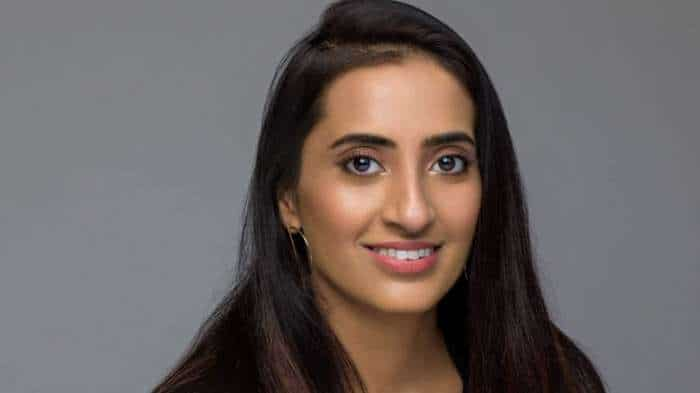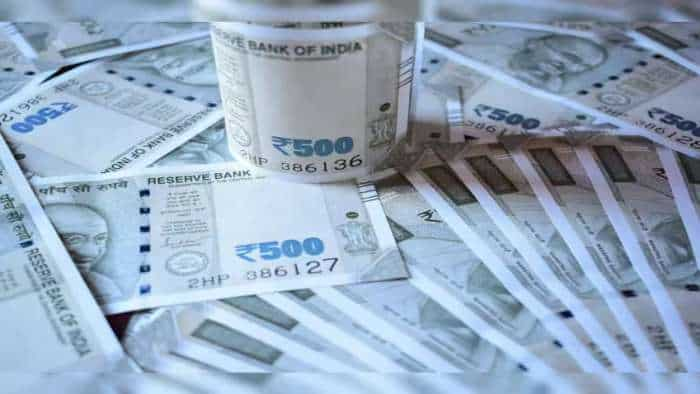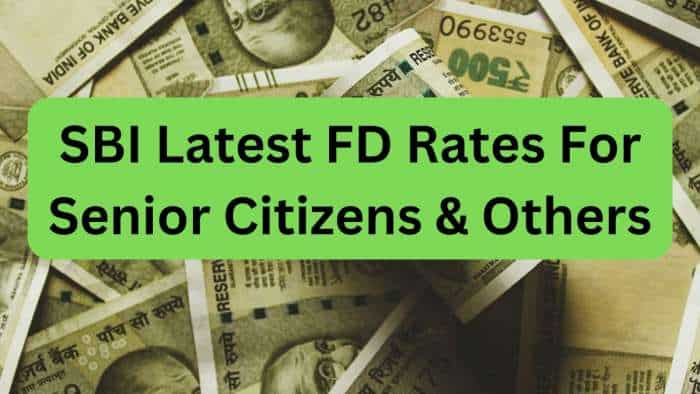Lok Sabha elections 2019: Voters turn out in large numbers to elect 91 MPs in 1st phase; 2 killed in Andhra Pradesh
Complaints poured in about missing voter names and glitches in electronic voting machines in some areas, while Naxal-affected regions of Maharashtra and Chhattisgarh saw IED blasts and clashes with security forces, though officials maintained the polling was largely peaceful with moderate-to-large voter turnout.

The world's largest polling exercise began Thursday with an estimated 9 crore Indians coming out to vote for electing 91 parliamentarians in the first phase of over-a-month-long Lok Sabha elections for which the Modi government has made nationalism its core pitch against a fragmented opposition, even as poll-related violence saw at least two deaths.
Complaints poured in about missing voter names and glitches in electronic voting machines in some areas, while Naxal-affected regions of Maharashtra and Chhattisgarh saw IED blasts and clashes with security forces, though officials maintained the polling was largely peaceful with moderate-to-large voter turnout.
West Bengal, where voting took place for two Lok Sabha seats, saw the maximum 81 per cent voting, while state election officers put the voting percentage at 73 per cent in Andhra Pradesh, where violent clashes left at least two persons dead. Some reports put the number of deaths in poll-related clashes at three.
The 91 Lok Sabha constituencies, spread across 18 states and two union territories, have more than 14 crore voters -- about one-sixth of nearly 90 crore total electorate in India. A total of 1,279 candidates are in the fray for these seats.
Votes for all 543 seats would be counted on May 23 after end of the seven-phase polling on May 19. An estimated 1.5 crore young voters in the age group of 18-19 years would vote for the first time across the seven phases.
In the last general elections in 2014, more than 55 crore Indians had voted (66.3 per cent) with the BJP emerging victorious with little over 30 per cent votes, giving a five-year mandate to a government led by Prime Minister Narendra Modi.
In the first phase, the BJP has sought to defend 32 seats, including those being fought by senior party leader Nitin Gadkari and five other union ministers, and also expand its tally in states dominated by regional players last time.
The main opposition party Congress is hoping to defend seven seats it won in 2014, besides eyeing gains in Andhra Pradesh, Maharashtra, Chhattisgarh, Uttarakhand and Uttar Pradesh.
Voting also took place in 175 assembly seats in Andhra Pradesh, 32 in Sikkim, 57 in Arunachal Pradesh and 28 seats in Odisha.
The first-phase Lok Sabha constituencies included all 25 seats in Andhra Pradesh, 17 in Telangana, five in Uttarakhand, two in Meghalaya, two in Arunachal Pradesh and lone seats in Mizoram, Tripura, Manipur, Nagaland, Sikkim, Andaman and Nicobar, and Lakshadweep.
Besides, eight seats in Uttar Pradesh, seven in Maharashtra, five in Assam, four each in Bihar and Odisha, two each in Jammu and Kashmir and West Bengal and one seat in Chhattisgarh are also part of the first-phase. These states are having multi-phase voting.
The poll panel did not share the overall polling percentage at its briefing, saying the data was still being collated. However, the estimates pegged the total voter turnout in the first phase at around 9 crore.
The Election Commission said Bihar saw 50 per cent turnout, the lowest for the first phase. The two seats in J&K -- Jammu and Baramulla -- recorded 54.49 per cent vote, down from 57.19 per cent in 2014. The state also saw protests over defective EVMs in some areas and at least one incident of firing.
Seeking another term in power, Prime Minister Narendra Modi has focussed his election campaign on national security and flagship schemes of his government.
The main opposition Congress has promised to roll out a minimum income scheme for the poor and its chief Rahul Gandhi has been relentlessly targeting the Modi government over issues of corruption.
After his mother Sonia Gandhi filed nomination papers, Gandhi said in Rae Bareli that the election results would prove that Modi is "not invincible".
The prime minister, whose party has been attacking opposition leaders with 'anti-national' barbs, said at an election rally in Bihar that opposition parties were scared their "shops" of corruption and dynasty politics will shut down if he comes back to power.
In Andhra Pradesh, TDP chief N Chandrababu Naidu is seeking to retain power, but is facing a stiff challenge from YSR Congress chief Y S Jaganmohan Reddy.
In Telangana, the ruling TRS is hoping for an encore in Lok Sabha polls after sweeping the December assembly elections, while both Congress and BJP are looking to increase their respective tallies.
In Uttar Pradesh, BJP is facing the newly-formed SP-BSP-RLD alliance. In Muzaffarnagar, RLD chief Ajit Singh took on BJP's Sanjeev Balyan, while his son Jayant Chaudhary was pitted against Union minister Satyapal Singh in Baghpat.
In Maharashtra's Nagpur, Union Minister Gadkari faced Congress candidate and former BJP MP Nana Patole, while his party colleague Hansaraj Ahir is seeking a fourth term from Chandrapur.
In Bihar, LJP leader Chirag Paswan was in the fray from Jamui against Bhudeo Chaudhary of RLSP.
In the North East, Union Minister Rijiju is seeking re-election from Arunachal West. In Assam, former CM Tarun Gogoi's son Gaurav was in the fray in Kaliabor.
Watch this Zee Business Video
In Chhattisgarh's Bastar, security was tightened with deployment of 80,000 state and paramilitary personnel following a naxal attack in Dantewada area on Tuesday, in which one BJP leader and four security personnel were killed. It recorded 57 per cent voting, as per provisional figures.
Get Latest Business News, Stock Market Updates and Videos; Check your tax outgo through Income Tax Calculator and save money through our Personal Finance coverage. Check Business Breaking News Live on Zee Business Twitter and Facebook. Subscribe on YouTube.
RECOMMENDED STORIES
11:54 PM IST












 This state loves NOTA like no other!
This state loves NOTA like no other!  Massive! These MPs are the members of 6 lakh votes club - Know their names
Massive! These MPs are the members of 6 lakh votes club - Know their names Expectations 2.0 from Modi 2.0: 'Sustainability, robustness and more efforts in startups'
Expectations 2.0 from Modi 2.0: 'Sustainability, robustness and more efforts in startups' Modi government should focus on economic growth, rural consumption: Taher Badshah, CIO, Invesco Mutual Fund
Modi government should focus on economic growth, rural consumption: Taher Badshah, CIO, Invesco Mutual Fund Lok Sabha election 2019 results: Resounding Modi wave as BJP secures 303
Lok Sabha election 2019 results: Resounding Modi wave as BJP secures 303